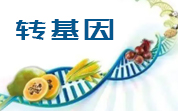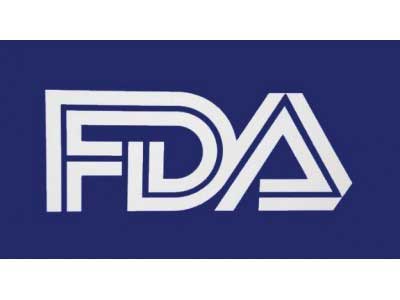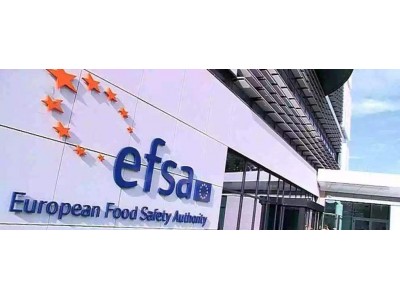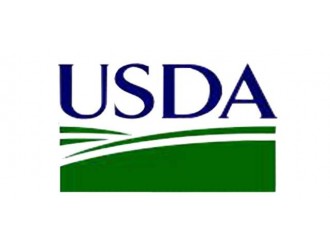据了解,这种食品酶是由非转基因桔绿木霉菌株278生产的,旨在用于八种食品制造过程:加工谷物和其他谷物以生产焙烤产品;除烘焙、酿造产品、淀粉和麸质部分、蒸馏酒精以外的谷类产品的生产;加工水果和蔬菜以生产果汁、葡萄酒和葡萄酒醋,以及加工酵母和酵母产品。
经过评估,专家小组认为,在预期的使用条件下,不能排除通过饮食接触引起过敏反应的风险(蒸馏酒精生产除外),但这种情况发生的可能性很低。在缺乏可接受的全套毒物学数据的情况下,评估小组无法对食品酶的安全性作出结论。部分原文报道如下:
The food enzyme endo-1,4-β-xylanase (4-β-d-xylan xylanohydrolase; EC 3.2.1.8) is produced with the non-genetically modified Trichoderma citrinoviride strain 278 by Kerry Ingredients & Flavours Ltd. The food enzyme was considered free from viable cells of the production organism. It is intended to be used in eight food manufacturing processes: processing of cereals and other grains for the production of baked products; production of cereal-based products other than baked, brewed products, starch and gluten fractions, distilled alcohol; processing of fruits and vegetables for the production of juices, wine and wine vinegar and processing of yeast and yeast products. Since residual amounts of total organic solids (TOS) are removed during two processes, dietary exposure was only calculated for the remaining six food manufacturing processes. Exposure was estimated to be up to 4.808 mg TOS/kg body weight (bw) per day in European populations. The Panel was unable to reach a conclusion on genotoxicity and systemic toxicity. A search for the similarity of the amino acid sequence of the food enzyme to known allergens was made and no match was found. The Panel considered that a risk of allergic reactions upon dietary exposure cannot be excluded (except for distilled alcohol production), but the likelihood is low. In the absence of an acceptable full set of toxicological data, the Panel was unable to complete the safety assessment of the food enzyme.
本文由食品伙伴网食品资讯中心编辑,供网友参考,有任何疑问,请联系news@www.sqrdapp.com。










 地区:
地区:






 鲁公网安备 37060202000128号
鲁公网安备 37060202000128号



